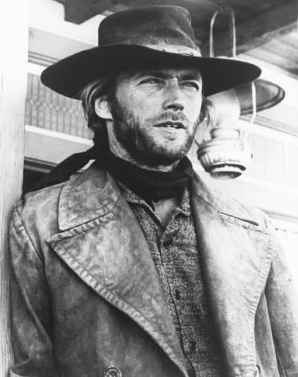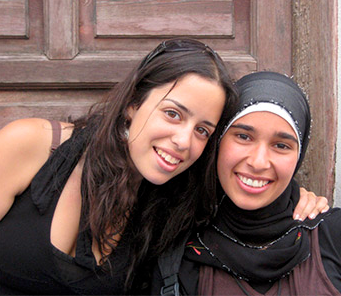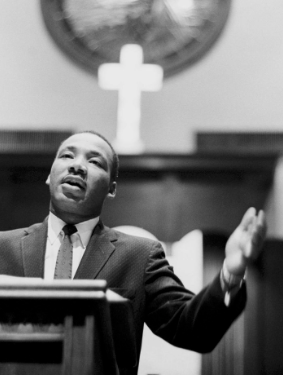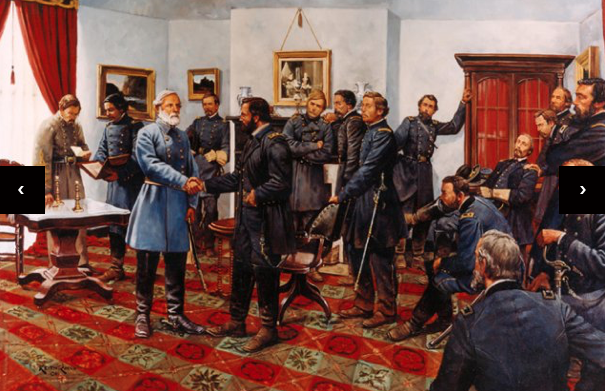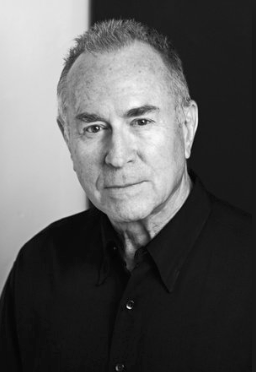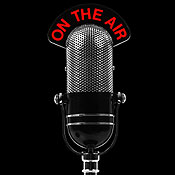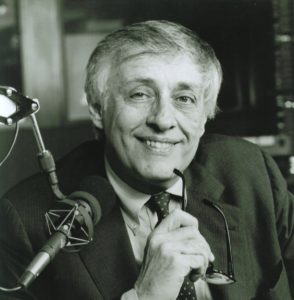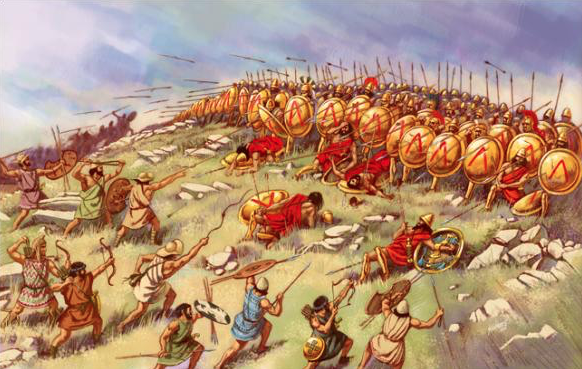
The Wars Of Antiquity
With John LendonAdded 6.26.18. Wars: they just don’t make ’em like they used to. Milt explores the wars of antiquity with noted historian John Lendon of the University of Virginia. Lendon is author of, among other things, the book “Song of Wrath: The Peloponnesian War.” Milt and Lendon traverse a range of related topics, including ancient Greek history and historians, the tensions between Athens and Sparta, and the role of honor in provoking war. The conversation leads into more contemporary history, and the contours of war in the 20th Century and today.




